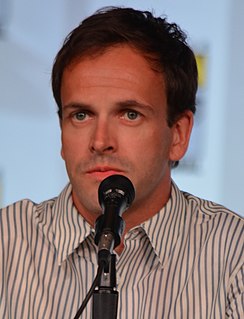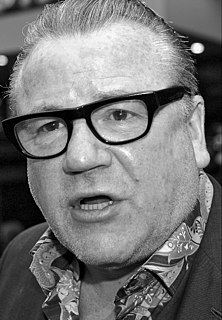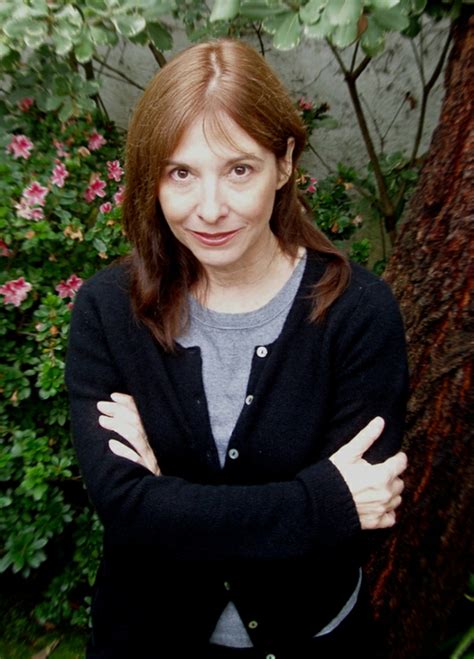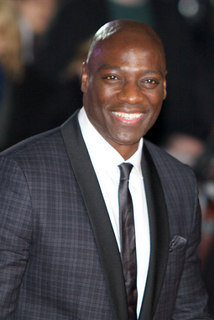A Quote by John Landgraf
It's not that writing staffs don't change at all, but they don't change very much. Directors are freelancers. There are directors who do five or 10 episodes of a show every year for years, but most directors are freelance, they come and go.
Related Quotes
Being known as a writer did change the relationships I had with directors. The rap on actors is that they always want to inflate their parts. But when directors know you write screenplays and have a different view of things, you really get invited into the huddle in a much fuller way. And those collaborations end in friendships.
Most Chinese filmmakers grew up watching television; they watched films on television, not in cinemas. The scope of their vision is not big enough, they're not yet detail-oriented enough. You have to watch films in cinemas for years to understand the depth and scope of vision needed in filmmaking. Directors in China usually come from an academic background; they graduate as film directors. Whereas the directors from Hong Kong learn their trade on sets, beginning at the lowest rung.
When I first started out, it was very, very difficult to even get in the room with directors or casting directors because they would see that I hadn't been to drama school and wouldn't want to see me. Now, I feel like it's changing. We have this new generation of a lot of writers, directors and actors who are just breaking through, and they're doing it for the passion.
I think that what 'Oz' did is it spawned a great generation of television production. But people know its place in television and just in great dramas. It's the foundation of my career. Most producers, show runners, directors, and casting directors put me in movies based on my performance in that show.
I watched a lot of silent directors who were absolutely great like John Ford and Fritz Lang, Tod Browning, and also some very modern directors like The Coen Brothers. The directors take the freedom within their own movies to be melodramatic or funny when they chose to be. They do whatever they want and they don't care about the genre.



































